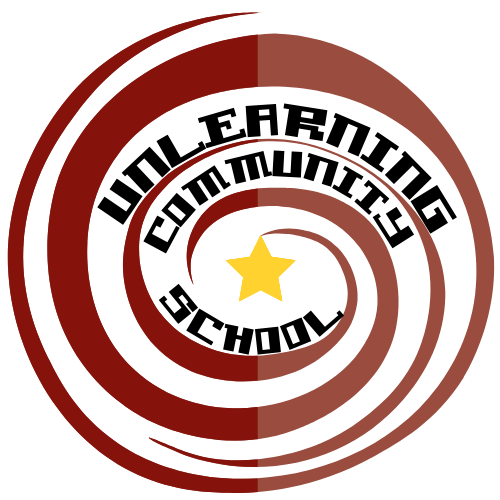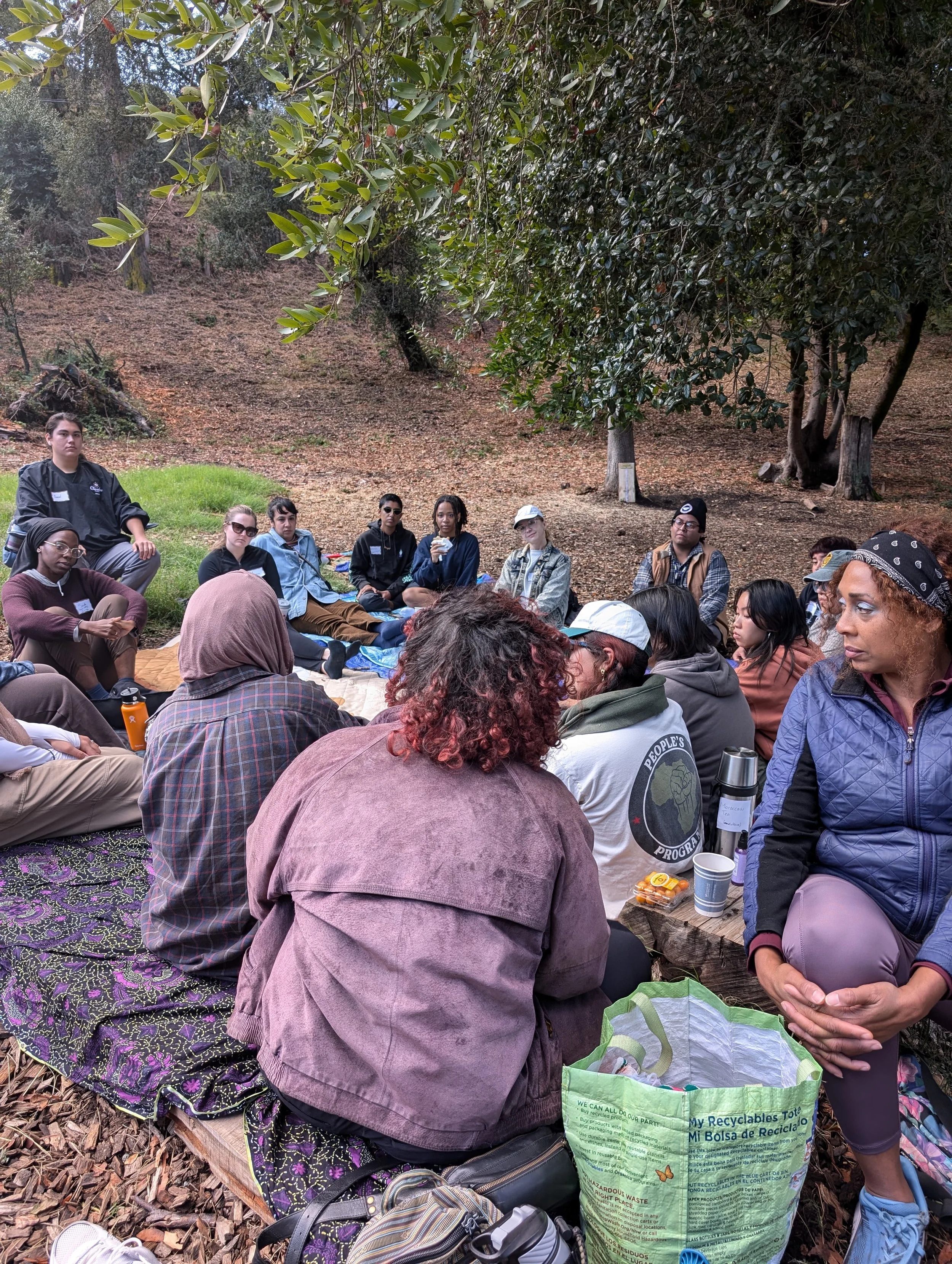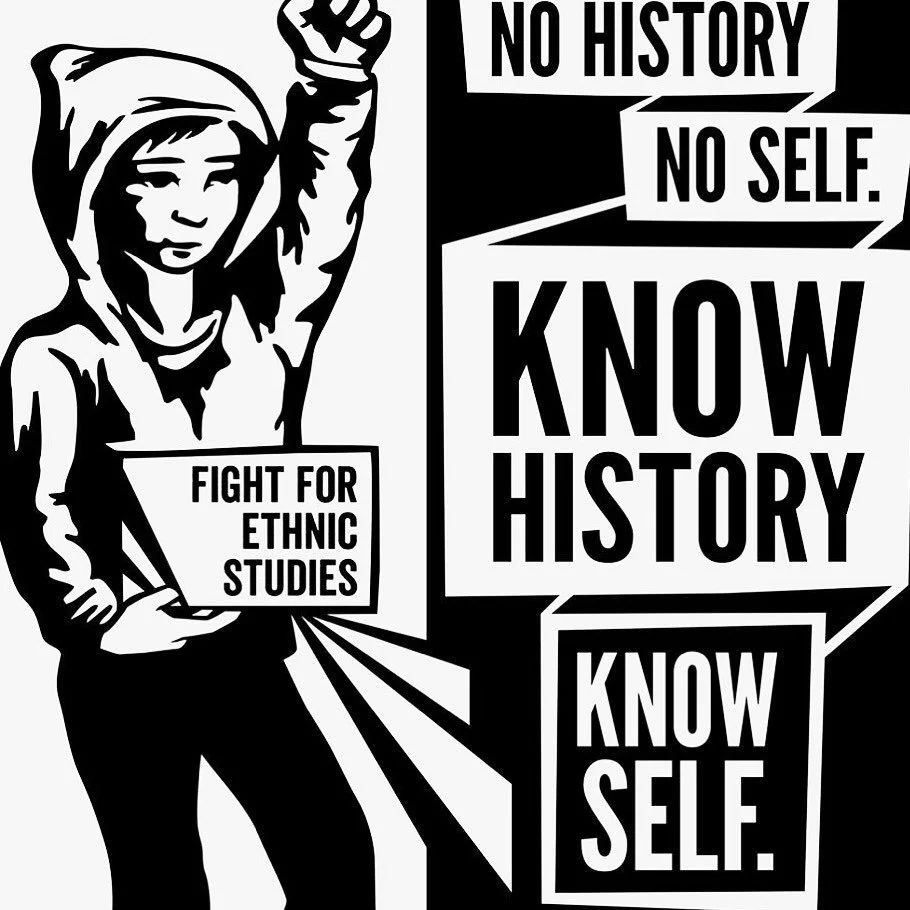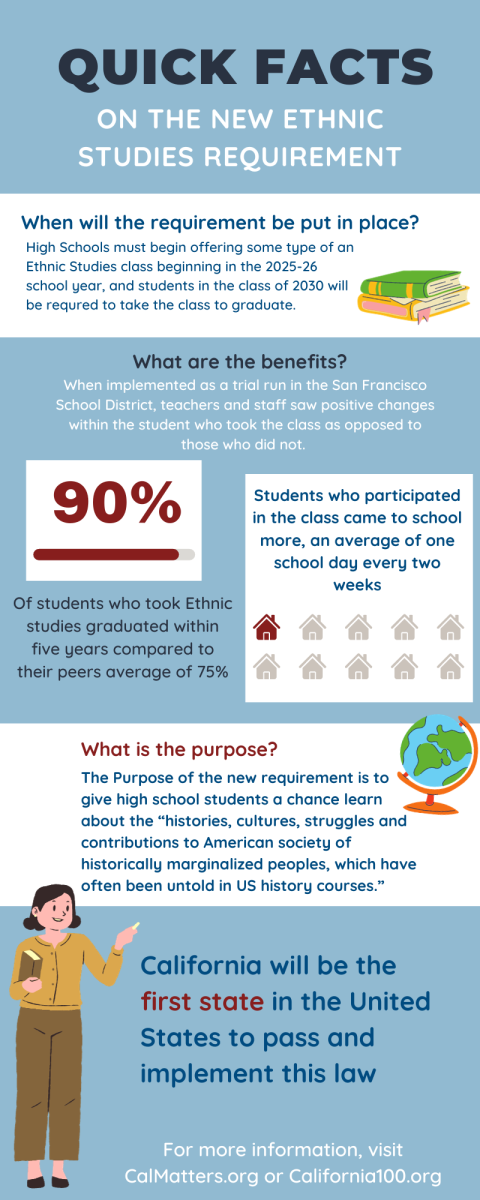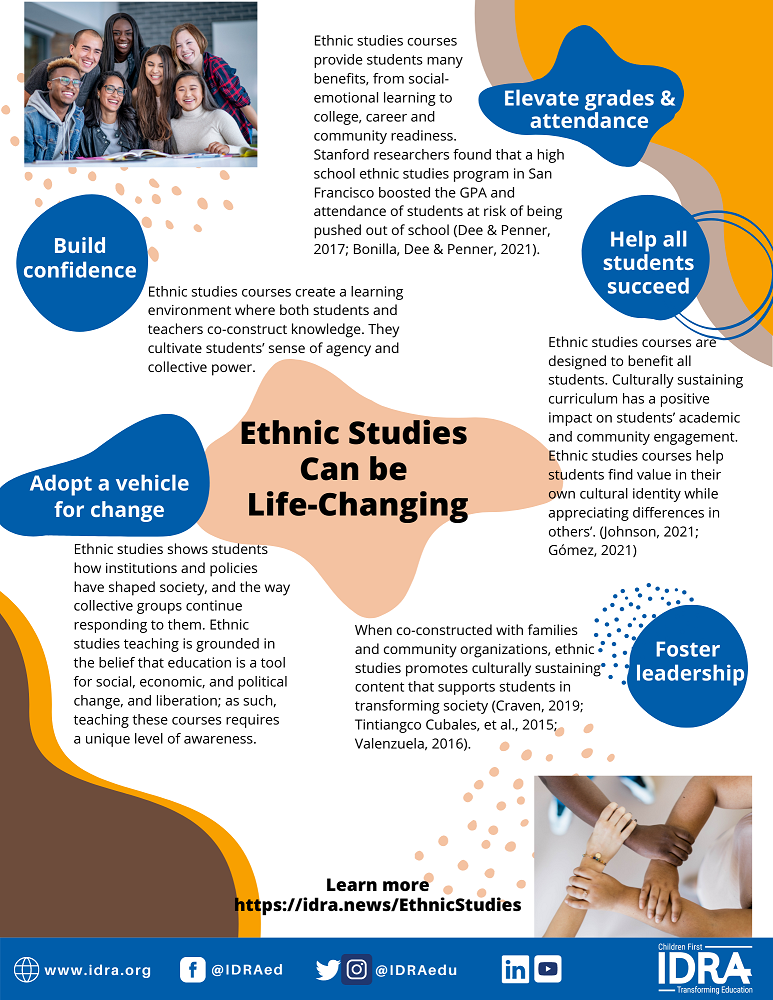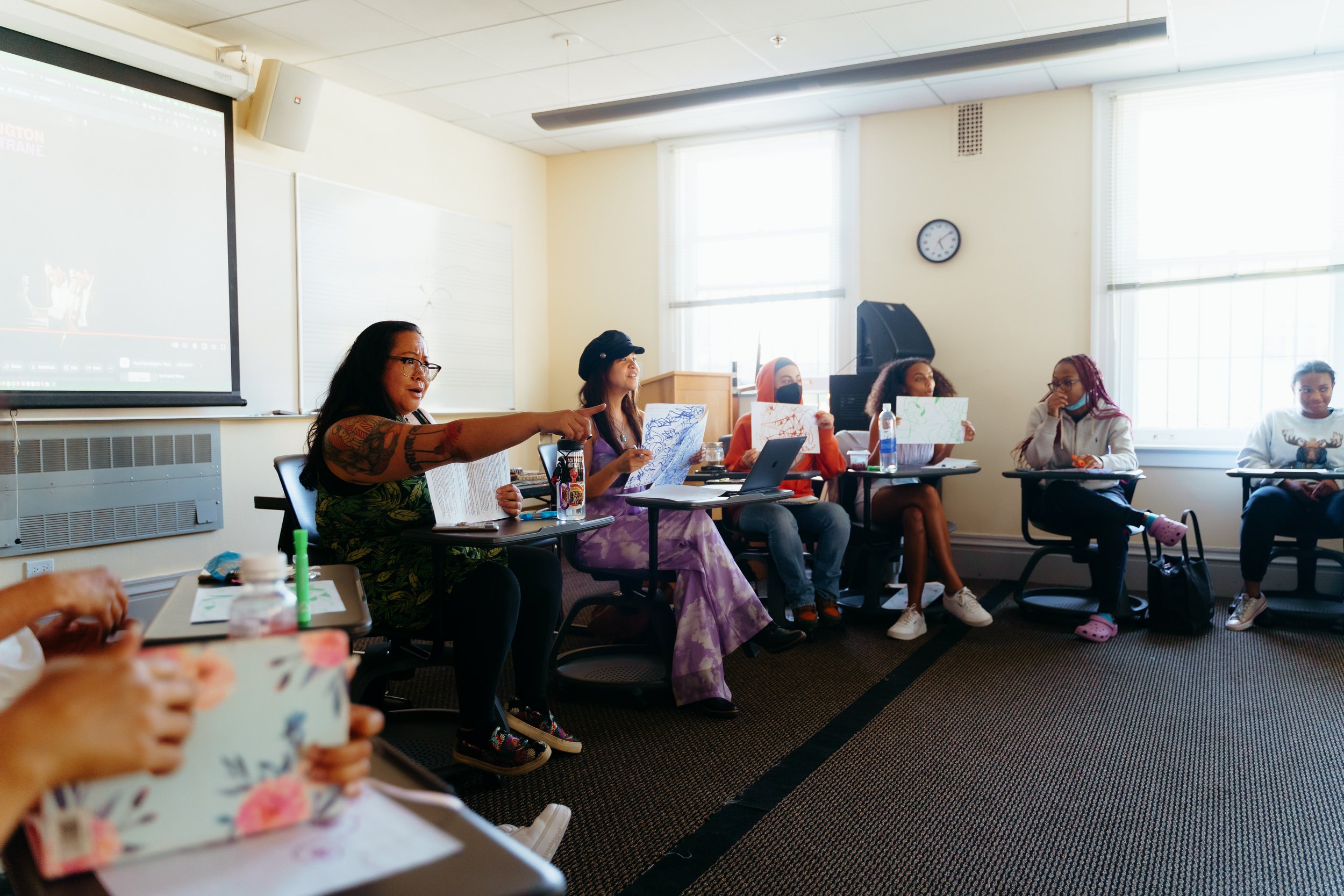
classes & training programs
community organizing foundations training (COFT)
Demonstrate a deep understanding, shared language, and critical praxis of social issues with your comrades.
Objectives and deliverables:
Develop a shared understanding and practice of analyzing social issues through four key frameworks: critical positionality, intersectionality, decolonial approaches, and healing-centered community engagement
Co-create public-teach in workshops for your organization: connects your organization’s advocacy with the diverse activist movements of underrepresented groups through a local, regional, and global perspective
Plan and launch your own community engaged project which addresses a community need: develops social awareness and responsibility through a critical appreciation of activism and social change
We also provide Cultural Strategy & Consulting sessions for individuals and small teams (maximum of 3 people) who seek support in:
Capacity building on Racial Justice, Cultural Studies, & Educational Equity
Program leadership & strategy
Qualitative research & fieldwork
Collaborative Mentorship
Introduction to Ethnic Studies
A combination of Teacher Training and college readiness classes applying Liberatory and Critical Ethnic Studies model curriculum to form critical analysis of social and racial injustices.
Unit 1: Key frameworks
Critical Positionality and Intersectionality
Critical Race Studies and Transformative Justice
Decolonial and Indigenous Pedagogies, Epistemologies, and Ontologies
Community Engagement Praxis: community organizing frameworks, models, processes
Unit 2: Each One, Teach One workshops on legacies of Social and Racial power movements:
Third World Liberation Front
Black Power Movement
Red Power Movement
Chicano/a/x Power Movement
Yellow (Asian and Asian American) Power Movement
Pacific Islander Power Movement
LGBTQIA+ Power Movement
Unit 3: Apply what you learned in a community-engaged project
Food Majik Studies
Online and in-person classes which focus on the Conceptual, Technical, and Practical dimensions of cooking to deepen your relationship with food.
What you’ll learn:
Conceptual Food Majik: online class
Food and cooking throughout human history (how food and cooking shapes human cultures, and the role of food in contemporary social justice contexts)
Technical Food Majik: in person class
Budgeting, shopping, storage, health and safety, preparation, knife skills, using heat, flavor balance, etc. and growing your own food from seed (starting with herbs)
Practical Food Majik: in person class
Fieldwork in the Food World thru guided grocery tours and farmers markets, field trips to farms and community gardens, volunteering for community supported agriculture, food pop-ups, and other food justice organizations
Jobs in Food Majik: Online Zoom calls by appointment
Optional mentorship to obtain a food handlers certification (a requirement for employment in the food industry which are jobs most young people and immigrant populations have), or get an internship at a Food Majik community site (which we visited during the fieldwork)
Book a FREE 30 mins consultation
Book a FREE 30 mins consultation
More info on classes and Training Programs
Introduction to Ethnic Studies (teacher training and college prep)
In California, Ethnic Studies is a graduation requirement in all California Community Colleges (Title 5c) and California State Universities (AB 1460). By the 2025-2026 school year, Ethnic Studies will be offered in California high schools as part of the graduation requirement to take effect in 2029-2030 school year (AB 101).
We offer teacher training to support current educators, aspiring educators, community organizers and leaders who want to offer Ethnic Studies classes in their schools and organizations
We combine teacher training with college prep to support Transitional Age Youth or TAY (ages 13-24) in our community classes to encourage students to also be teachers, and teachers to also be students
